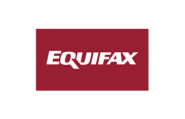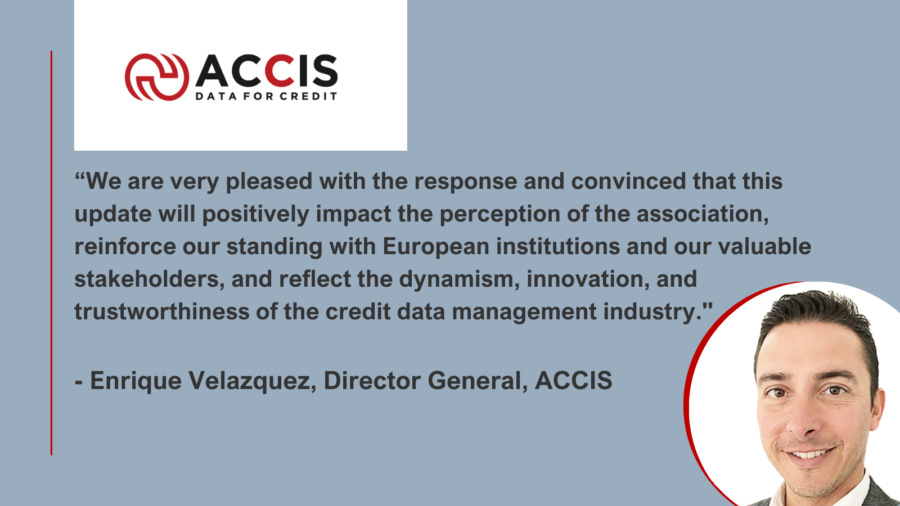Hidden
Your content goes here. Edit or remove this text inline or in the module Content settings. You can also style every aspect of this content in the module Design settings and even apply custom CSS to this text in the module Advanced settings.
What is a credit reference agency?
A credit reference agency, also known as a credit bureau, is an organisation that collects and maintains information about your credit history and financial behaviour. Credit reference agencies gather information from a variety of sources, including lenders, credit card companies, and other financial institutions, and compile this information into credit reports.
What is the main function of a credit reference agency?
The main function of a credit reference agency is to provide credit reports to lenders and other credit providers, which they can use to assess your creditworthiness and ability to repay debt. By providing accurate and reliable information, credit reference agencies help establish trust between lenders and consumers.
When were credit reference agencies created?
Credit reference agencies have been in existence for a considerable period of time. The first Credit Reference Agencies were founded in 1830 in New York and in Europe at the end of the 19th century.
What kind of data is held by credit reference agencies?
Credit reference agencies hold information, such as your identification data (name, date of birth, address,
and a unique identification number if this is legally allowed) and data concerning your credit history e.g., if you own a bank account or a credit card or have payment defaults. They can also hold other public records e.g., information on bankruptcies, foreclosures, etc. Credit reference agencies do not hold information on what you earn, your nationality,your employment, or other sensitive personal data (e.g., religion, political preferences, gender).
What is a credit report?
A credit report is a document that provides information about your credit history and financial behaviour. It is compiled by credit reference agencies, which gather information from a variety of sources, including lenders, credit card companies, and other financial institutions. Creditors use credit reports to make credit�related decisions.
What is a positive credit history?
A positive credit history is one that shows your ability to manage credit properly through a track record of responsible borrowing and repayment behaviour. It is an essential factor in determining your creditworthiness and can influence your ability to obtain credit or loans, as well as the interest rates given. Examples of positive data are fully paid credit cards, timely payments, length of credit history, paid mail order invoices and non-arrear bank accounts
What is a negative credit history?
A negative credit history is a record of your past borrowing and repayment behaviour that suggests your inability or unwillingness to manage your credit responsibly. Examples of negative credit history are late payments, defaults, high credit utilisation, bankruptcies and /or insolvencies.














































